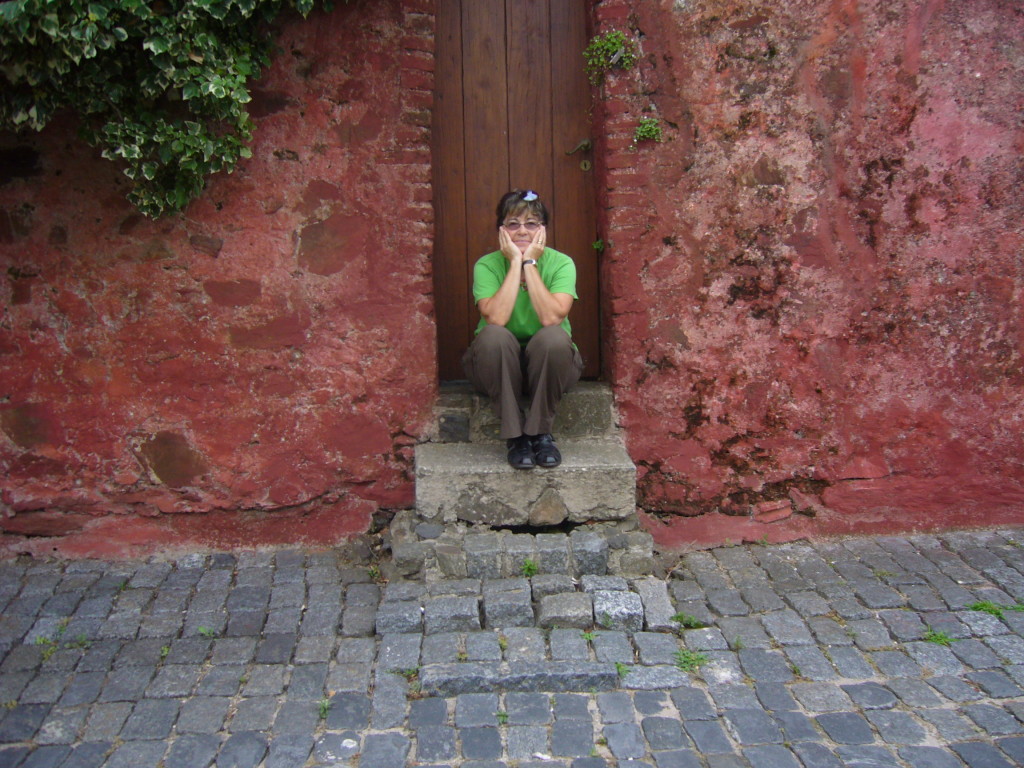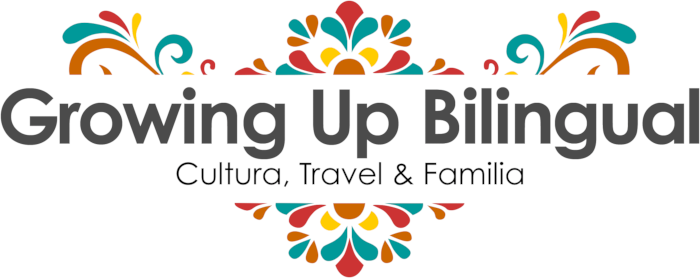
There are words that will always have a special joy, importance, or sentimental value in the language in which you first learned them. Amic, jocs, ávia and pa hold a special place in my heart because I shared them with friends, in the streets where I grew up, in the market where my mother went daily to buy what was needed for the day. Amigo, juegos, abuela and pan (friend, games, grandmother and bread) alternated in my speech depending where I was and whom I was speaking to. And that happened automatically depending the face I had in front, the habit that was established with this, that or another person, and the “atmosphere” of a given dialog. Catalan (or Valencian) and Spanish share a region of Spain in the South-East –Levante-, but did not use to share the same spaces as I was growing up. The language of school was Spanish and every educational law of that era forbid the use of any other language that was not Spanish. Very fortunately, times, laws and politicians change, and now my grand-nephews are learning in the same region of Levante, those two languages plus English, as part of the official curriculum, from Pre-kinder onwards. And they are doing well.
To know a language is a treasure that can, and should be maintained, and only takes a strong belief on its values to impose its practices in society. For me, growing up speaking more than one language has meant the freedom to move with ease from one community to another, to have friends that can share their thoughts as they come from their souls, with nothing lost in translation. It has given me a different look at people, customs, experiences, points of view, because I understand not only the words they pronounce but also the situations where they came from.
At a different level, growing up speaking different languages has given me a profound respect towards heritage, roots, celebrations, family and culture. I say as frequently as anybody want to hear it, that “You cannot have fruits if you do not have roots.” So, on the one hand there is the language one learns in the womb. The one a child spends the first years of his/her life hearing. The one that has emotions attached to each meaning. And then there is the language that helps us expand our lives, share with a larger community, learn new things. All are important, and for a child, all are easy to learn and maintain.
As I grew up, knowing several languages benefited me in applying and obtaining scholarships, in the jobs for which I had an advantage others didn’t have, the diversity of friends I cultivated, and the richness I received that by contrast strengthened my identity.
Knowledge is the best tool to succeed in life. Languages are the vehicles towards such success.
¡Y siempre la alegría!
- Guest Post: Growing Up Bilingual by F. Isabel Campoy - April 27, 2014



ESO!!! No such thing as too many languages, especially if they are embraced fully and with understanding of the culture and its people. “You cannot have fruits if you do not have roots.” You ain’t just whislin La Guantanamera with that one! Gracias for such an eloquent post; BB2U
Me es muy grato el leer estas historias en donde encontramos algo de nosotras y en este caso rescatar la importancia de crecer bilingues me parece una excelente manera de brindarles a nuestros hijos una gran oportunidad y como dice la autora, un gran tesoro.
Being bilingual is such an asset!.. Good to hear that it help you so much.
I can relate I grew up speaking and learning different languages my perspective of the world I think is more broader because of that diversity. Great article!
Sure there are many advantages of being bilingual, and I think the most important is the culture. Thank you.
Tienes toda la razón “Knowledge is the best tool to succeed in life. Languages are the vehicles towards such success.”
Cómo me hubiera gustado aprender más idiomas cuando estaba pequeña! Ahora de mayor, noto el beneficio de hablar más de un idioma en temas laborales y lo divertido que es tener amigos de distintas culturas.
La comunicacion es primordial para lograr el exito en cualquier ámbito, y poder hablar más de una lengua es sin duda la clave. Gracias por la historia.
Que importante mensaje, saber dos o más idiomas ya no es privilegio es lo normal, los chicos ya hablan más de dos idiomas y en mi último viaje a mi país Perú lo pude verificar y a nuestros niños por aquí debemos incentivarlos a que no pierdan el español, Muchas gracias por el post!
¡FELIZ DÍA!ॐ
http://mamaholistica.com
Definitivamente, ser bilingues o políglotas en el mejor de los casos, no solo nos abre a la comunicación sino que nos da herramientas para entender y comprender diferentes aspectos culturales, de otra manera.
I’m sure that the advantages of being bi/multi-lingual go beyond the benefits of communication and integration into a culture – I’ve read articles which report that the brain develops in a different way than in monolingual counterparts and that research shows that these children who are able to communicate in several languages do better in school thanks to that brain development.